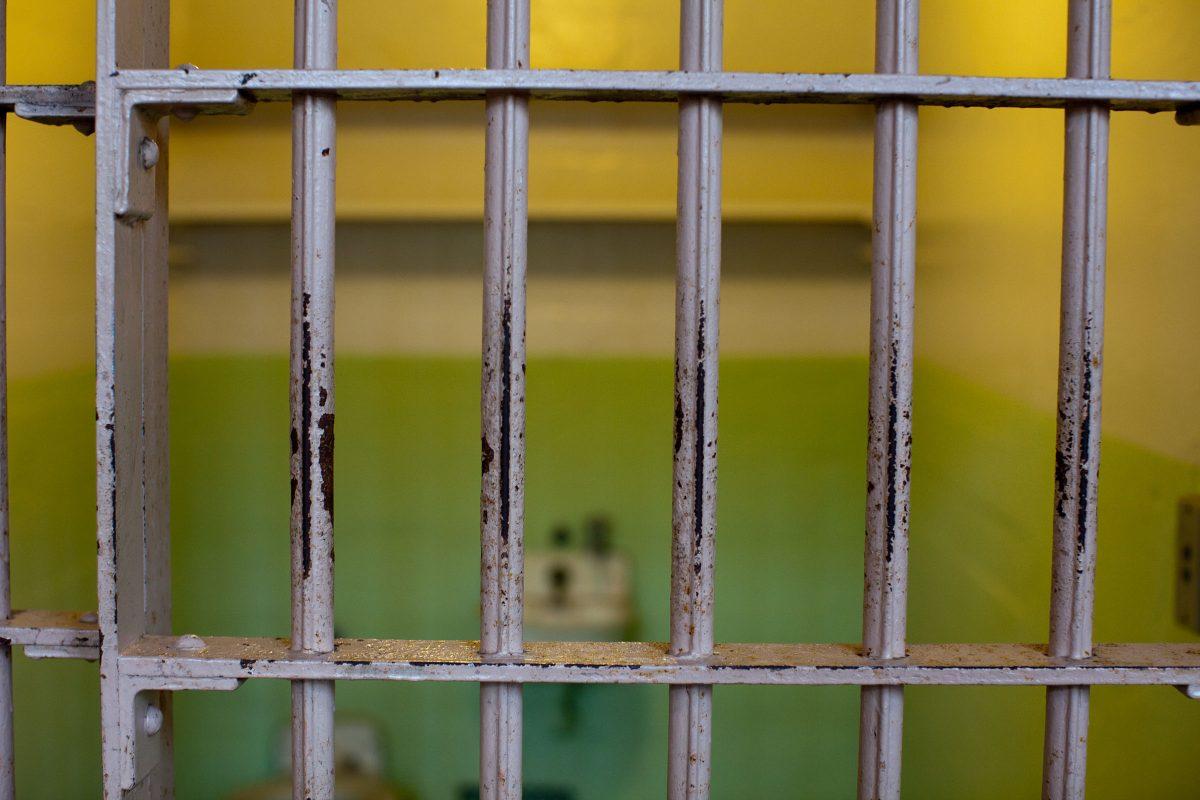
Many states have laws which deprive prisoners with felony convictions and those who are on parole of the right to vote. In states such as Florida, if a citizen has a felony on their record at all, they permanently lose the right to vote. In Florida, the state governor can grant voting rights to individuals who seek to restore them, but many ex-felons don’t know that this is an option and never vote again. Many people believe that the restriction of these rights is unconstitutional; the individuals did their time, and paid their debt to society, but still don’t have the basic rights that all Americans deserve. Others, such as the president of the Center of Equal Opportunity, Roger Clegg, believe that those who commit serious crimes against their fellow citizens do not qualify for the renewal of their right to vote. “If you can’t follow laws, you shouldn’t help make them,” says Clegg in an opinion piece for the New York Times. He believes that voting rights should be able to be restored but only on a case-to-case basis, when it is clear that the person has been reformed. He also is quoted saying that if the laws were really discriminatory, they would be investigated under Supreme Court ruling.
Some argue that just because more African Americans than whites are convicted of crimes does not necessarily make felony disenfranchisement itself racist. However, felony disenfranchisement is often brought up alongside the topic of race. Over six million people in the United States cannot vote due to these laws. Many argue that disenfranchisement laws are outdated and intersect with the already oppressive and discriminatory criminal justice system, leading one in every 13 African American citizens to be without the right to vote, as opposed to only one out of every 56 non black voters having the same restriction.
Franklin High School’s AP Government teacher, Portia Hall, who has a degree in American Civilization focusing on race relations, points out, “It’s hard, especially given the amount of people who have been locked up for drug crimes.” According to a study conducted by the Bureau of Justice in 2000, 60% of all felony convictions in the United States were drug-related. Permanently losing the right to vote due to using or selling drugs is “anti-democratic,” according to Hall. She believes that a drug crime is not indicative of a person’s moral values and therefore doesn’t affect how they vote.
In the United States, while 76.9% of the population is white, they make up only 32% of the prison population; in contrast, while the overall population of African Americans is 13.3%, they make up 37% of the prison population as of 2016. Due to this inequity, a higher population of African Americans cannot vote due to disenfranchisement, which critics believe, may lead to biased election results. Although there are options for those who have lost their voting rights due to felony disenfranchisement, often they are relatively obscure or far too difficult to pursue.


































